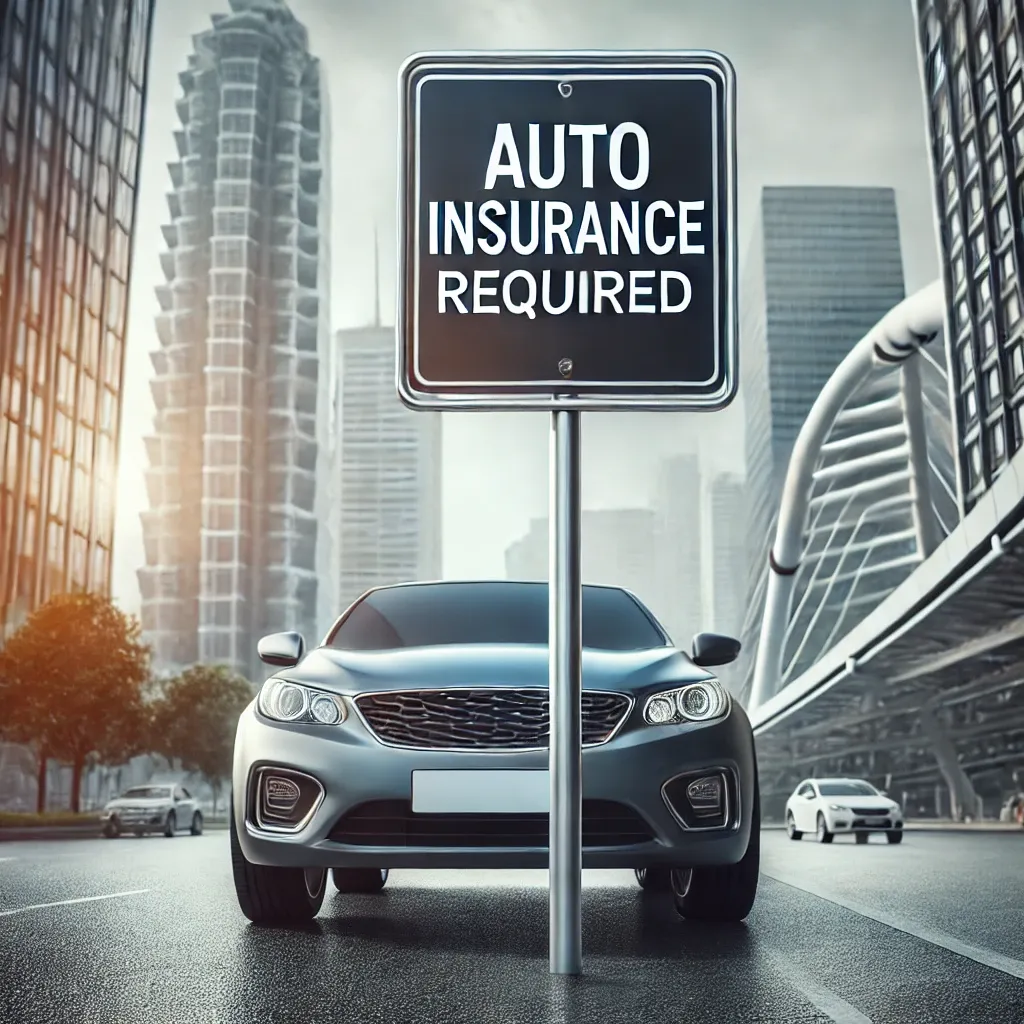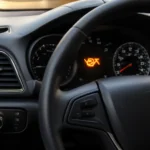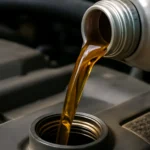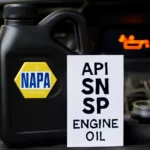Are you wondering about auto insurance requirements? What should you include in your policy? Keep reading to explore the essential elements of auto insurance, mandatory items, and whether it’s required for every driver.
Auto insurance is a critical aspect of owning and operating a vehicle, providing financial protection against unexpected situations such as accidents, theft, or damage. Understanding what is required, what should be included in your policy, and what options are available to you can be overwhelming. This article will break down everything you need to know about auto insurance, focusing on mandatory elements, required items, and the essential components of an insurance policy.
Auto Insurance Required: What You Need to Know
Auto insurance is not only a smart financial decision but also a legal requirement in many places, especially in the United States. The specifics of auto insurance requirements can vary by state or country, but in general, every driver needs to have at least a basic level of coverage to legally operate a vehicle.
-
Liability Insurance Liability insurance is often the most basic form of required auto insurance. It covers bodily injury and property damage you may cause to others in an accident. In many states, this is the minimum coverage required to drive legally.
-
Collision Coverage While collision coverage is not always required by law, many lenders require it if you are financing or leasing a vehicle. This coverage helps pay for repairs to your vehicle after a crash.
-
Comprehensive Coverage Comprehensive insurance covers damages to your car that are not the result of a collision, such as theft, vandalism, or weather-related damage. Again, it’s not always mandatory, but it may be required by the lender if you’re financing a car.
-
Personal Injury Protection (PIP) This insurance pays for medical expenses for you and your passengers after an accident, regardless of who is at fault. Some states require PIP, while others may not.
-
Uninsured/Underinsured Motorist Coverage This is required in some states and protects you if you’re involved in an accident with a driver who either has no insurance or insufficient insurance to cover the damages.
Have you checked the minimum requirements in your state or country? Auto insurance policies vary depending on local laws, so it’s crucial to make sure you meet the necessary requirements for your location.
Auto Insurance Required Items: What Should Be Included in Your Policy?
While the basics are covered by mandatory liability and collision coverage, auto insurance policies can be customized to fit your needs. There are a few key items that you should ensure are included in your policy, regardless of the requirements in your area.
-
Deductible The deductible is the amount you will pay out-of-pocket before your insurance kicks in. A higher deductible generally results in lower premiums, but it also means you’ll need to cover more of the cost in case of a claim.
-
Roadside Assistance While not required by law, roadside assistance is a useful addition to your policy. It covers things like towing, tire changes, and battery jumps, which can be invaluable in an emergency.
-
Rental Car Coverage If your car is in the shop after an accident, rental car coverage can pay for a temporary vehicle while yours is being repaired.
-
Glass Coverage Many auto insurance policies include coverage for damaged glass, like windshields. This coverage might not be mandatory but can save you money in the long run if your windshield gets cracked.
-
Gap Insurance If you owe more on your vehicle than it is worth, gap insurance covers the difference if your car is totaled. This is essential for those who finance their vehicles.
-
Custom Parts and Equipment Coverage If you’ve installed custom parts or accessories in your vehicle, you might need to add this coverage to protect those upgrades in case of damage.
The items above aren’t typically required by law but are highly recommended for ensuring you have full coverage in case of an accident or emergency. Talk to your insurer about which options are available and tailor your policy to suit your needs.
Learn more about required auto insurance items
Auto Insurance Essential Elements: Understanding What You Really Need
Not every component of an auto insurance policy is necessary for every driver, but understanding the essential elements of auto insurance can help you choose the right coverage. These elements depend on various factors such as your driving habits, the state in which you live, and whether you own or lease your vehicle.
-
Bodily Injury Liability This is one of the most important components of any auto insurance policy. It pays for medical costs and damages if you’re at fault in an accident that causes injury to another person. It’s legally required in most places.
-
Property Damage Liability This coverage helps pay for damage to another person’s property in the event you’re responsible for an accident. It’s also required by law in most regions.
-
Comprehensive and Collision Coverage While not always required, this coverage is essential if you want to protect your vehicle in a wide range of situations, including accidents, theft, and natural disasters.
-
Uninsured/Underinsured Motorist Coverage This protects you in the event of an accident where the other driver has no insurance or insufficient insurance. It’s essential for drivers who want to be fully covered.
-
Medical Payments Coverage This is especially important if you’re concerned about medical expenses following an accident. Some states require it, while others leave it as an optional add-on.
-
State-Specific Requirements Many states have specific minimum insurance requirements, which may include particular coverage types like PIP, uninsured motorist coverage, or medical payments. It’s essential to understand the specific requirements in your state to stay legal.
By ensuring your auto insurance includes these essential elements, you’ll be properly protected in the event of an accident. Don’t forget to consider your personal needs and state laws when selecting coverage.
Conclusion
Auto insurance is a must for any driver, but the specifics of what’s required can vary. By understanding the essential elements, required items, and what coverage is available to you, you can ensure you’re properly insured. Always check with your local insurance regulations to make sure you’re meeting the minimum requirements, and consider additional coverage options to suit your needs.
As the famous saying goes, “Better safe than sorry” – and that’s certainly true when it comes to auto insurance. Make sure you’re covered, not just by the minimum requirements, but by what’s best for you and your vehicle.






